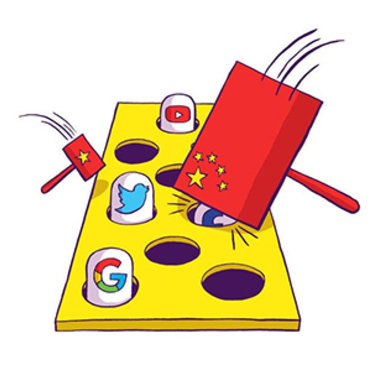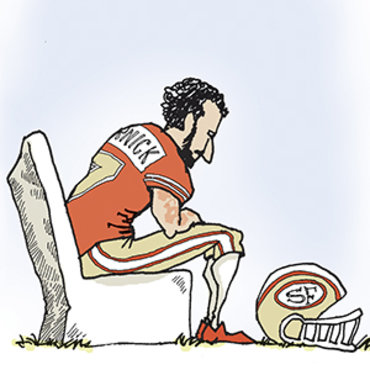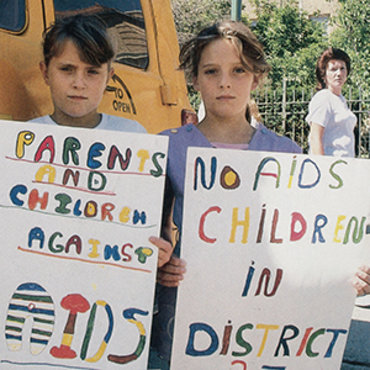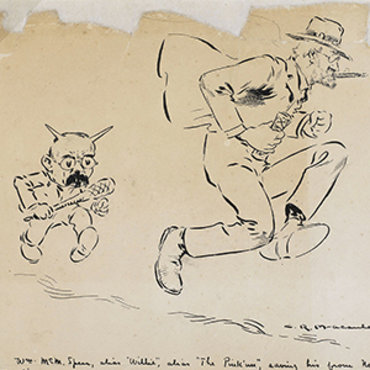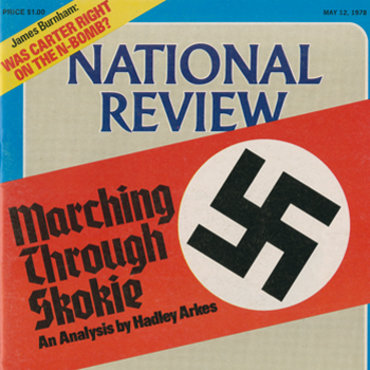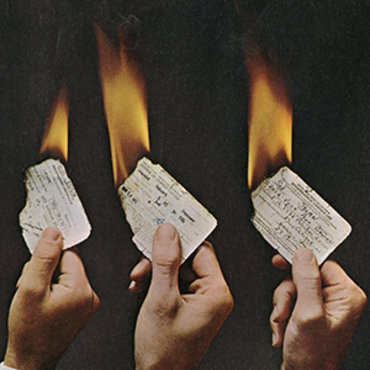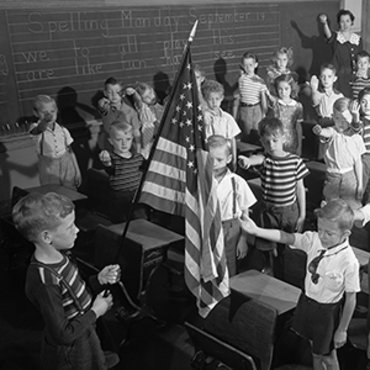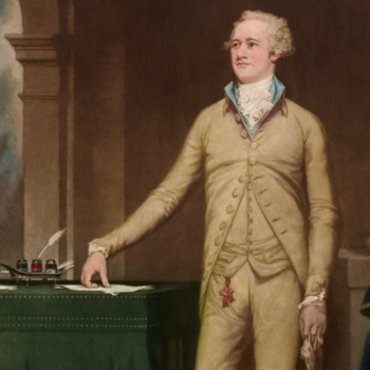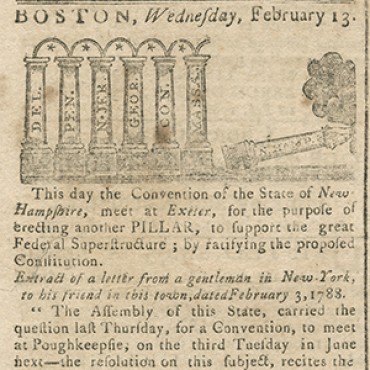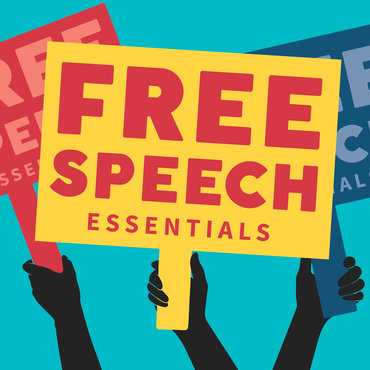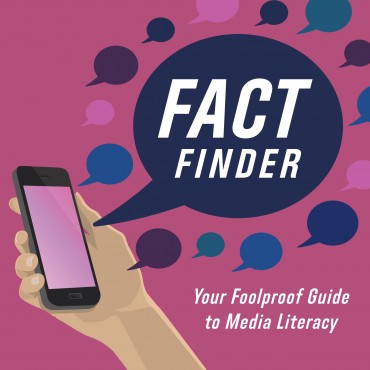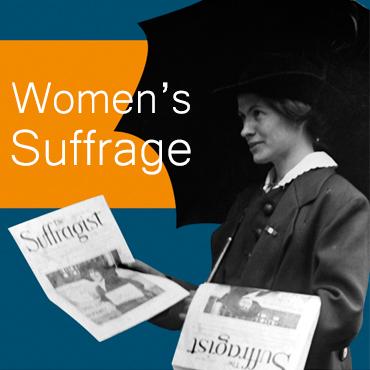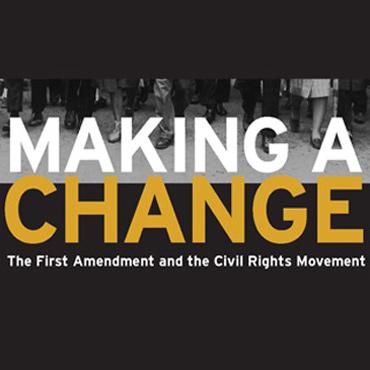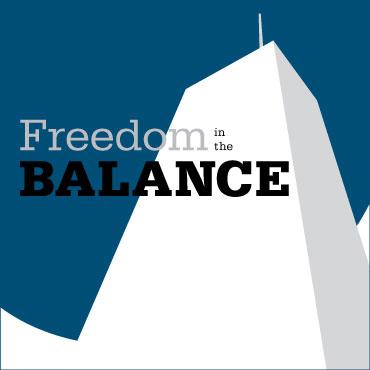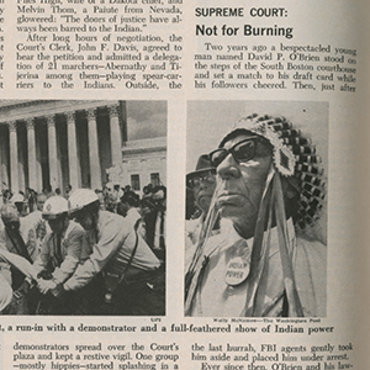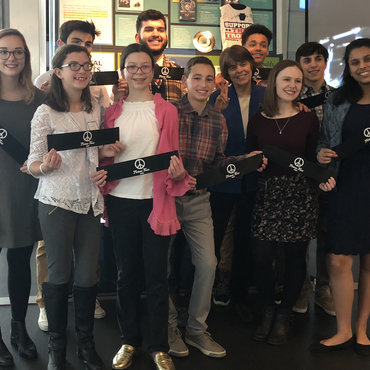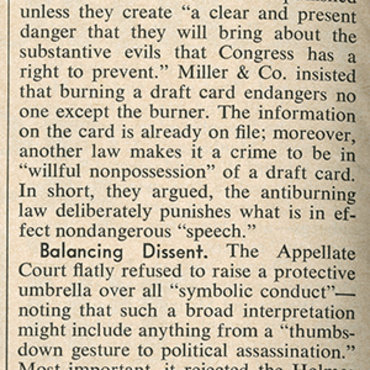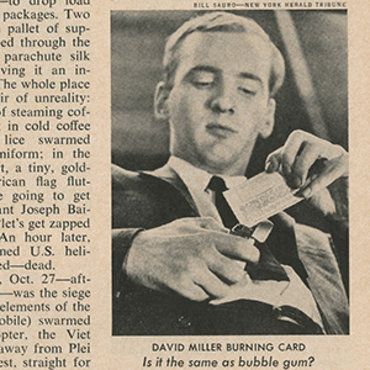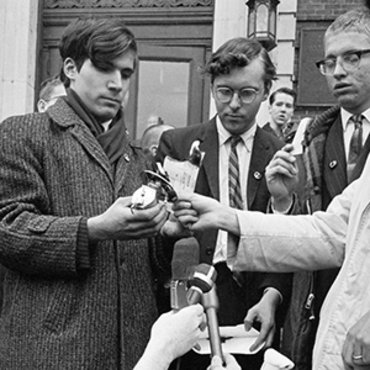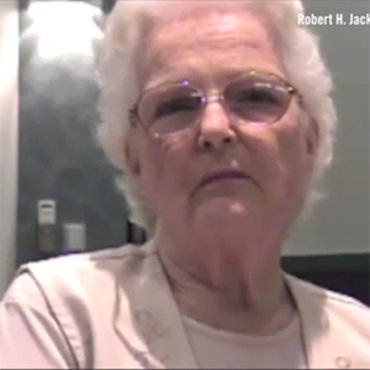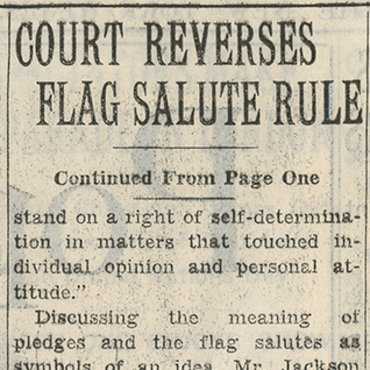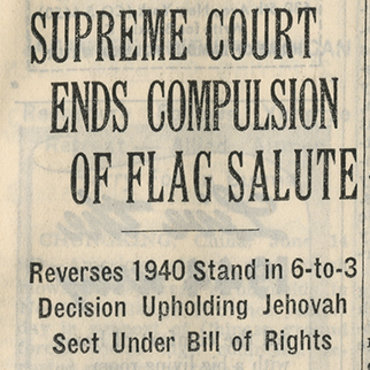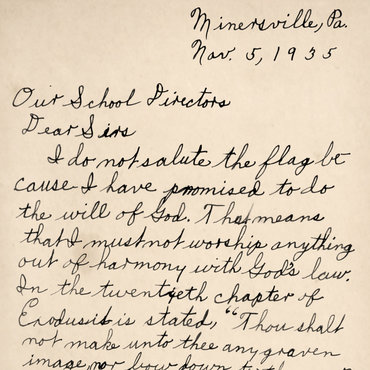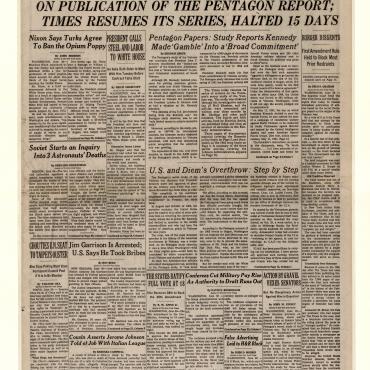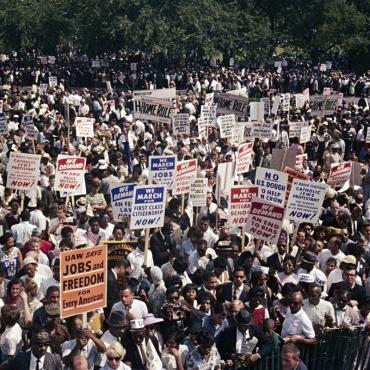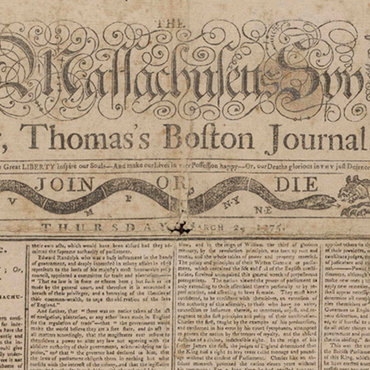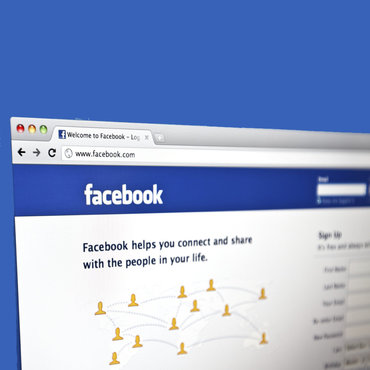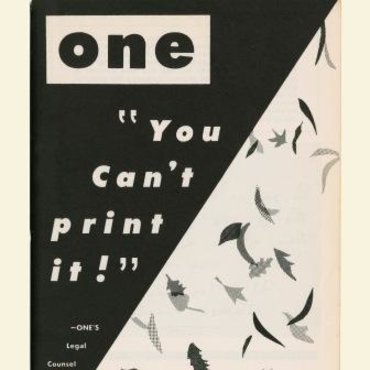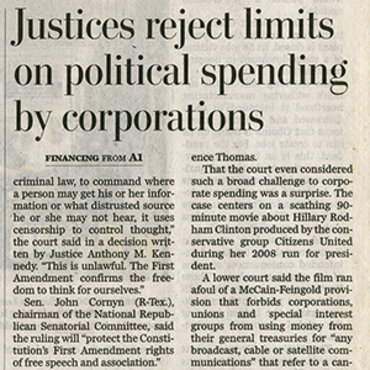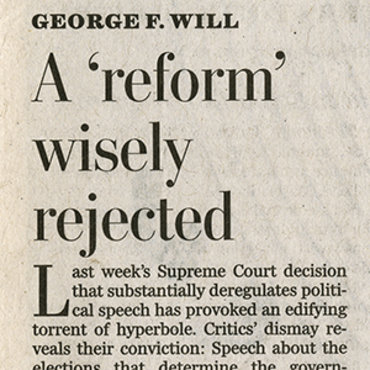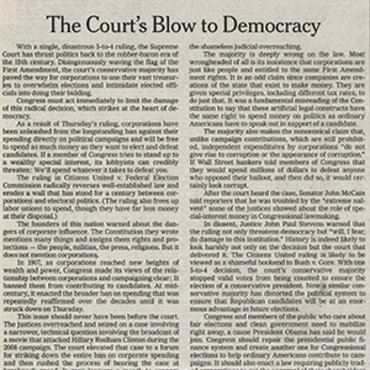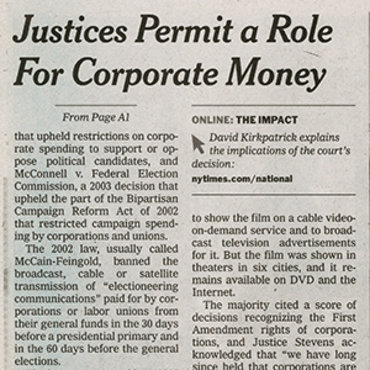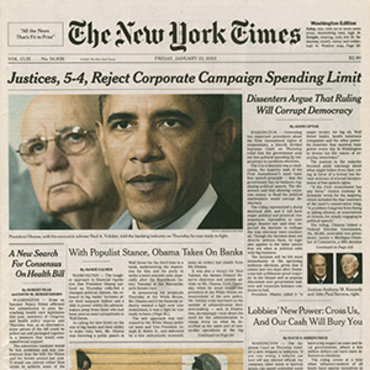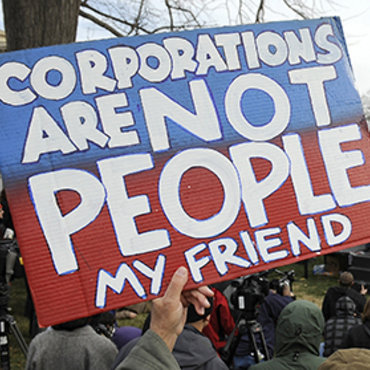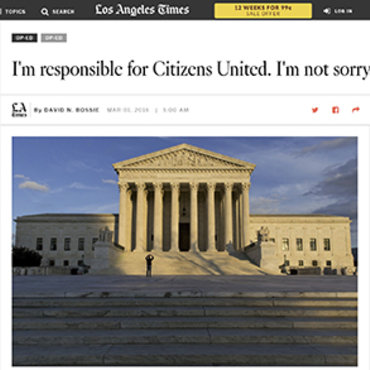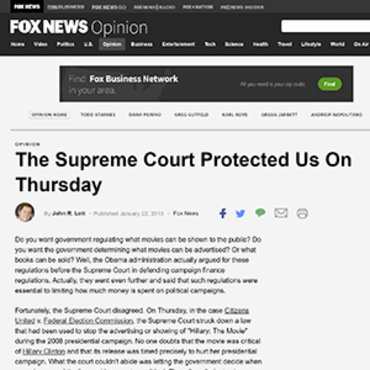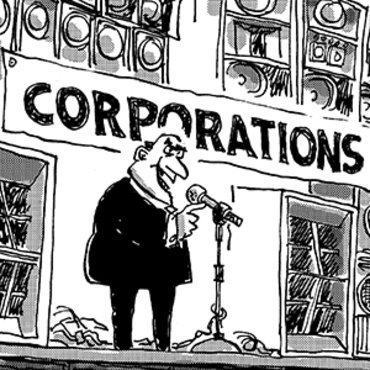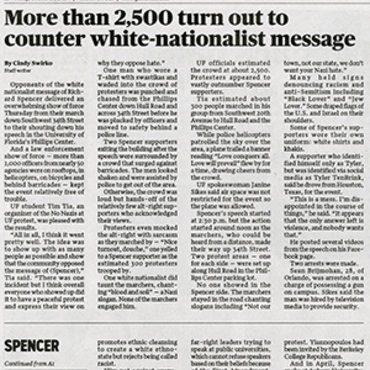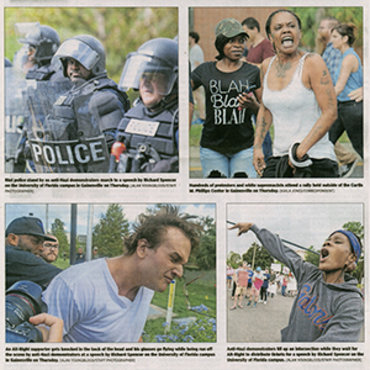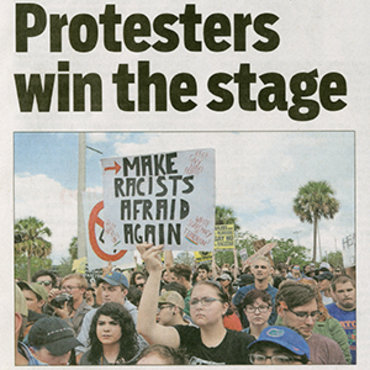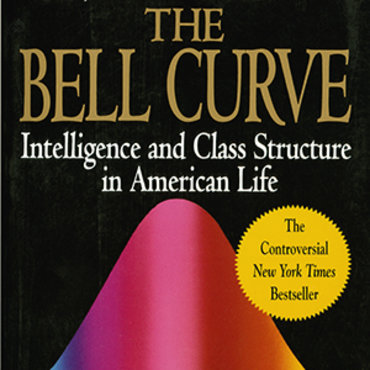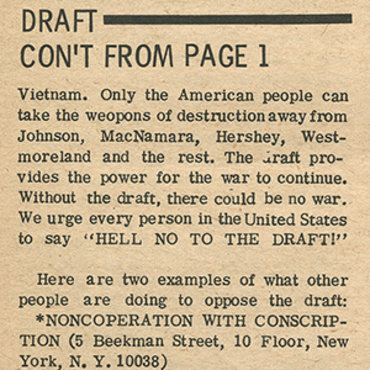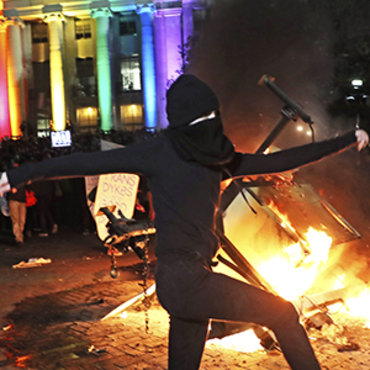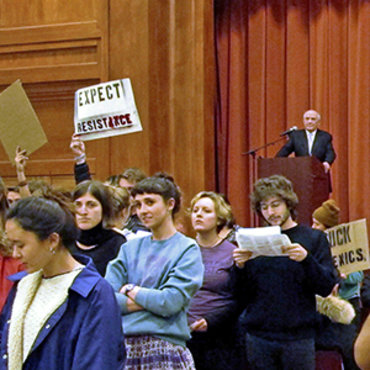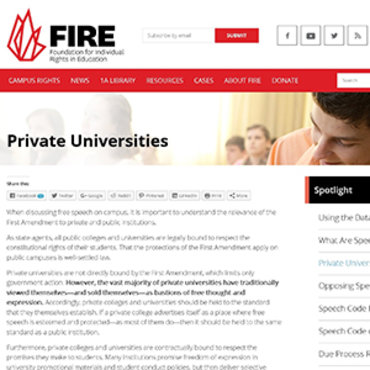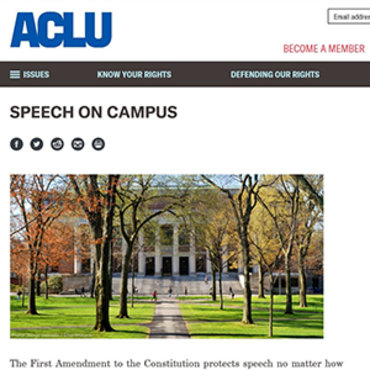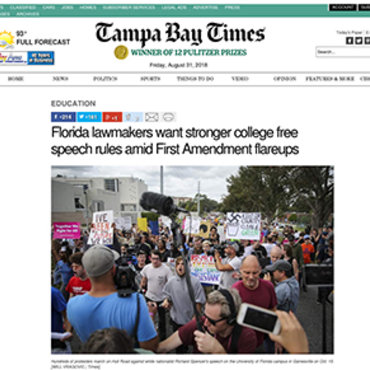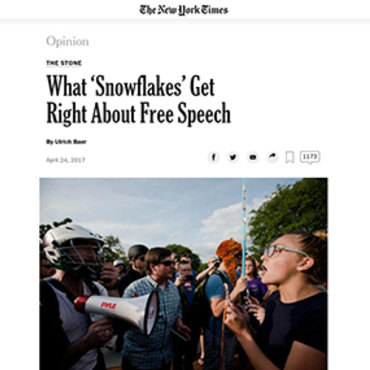1966: Free Speech on Fire?
Is burning a government-issued draft card a protected form of free speech?
Get even more great free content!
This content contains copyrighted material that requires a free NewseumED account.
Registration is fast, easy, and comes with 100% free access to our vast collection of videos, artifacts, interactive content, and more.
NewseumED is provided as a free educational resource and contains copyrighted material. Registration is required for full access. Signing up is simple and free.
With a free NewseumED account, you can:
- Watch timely and informative videos
- Access expertly crafted lesson plans
- Download an array of classroom resources
- and much more!
This Critical Debate is part of a Debate Comparison:
See all Debate Comparisons- Constitution
- Protests
- Supreme Court
- Vietnam War
- 7-12
- College/University
Do your students know what they’re free to say online? At school? On a public street corner?
From censorship to cyberbullying, the First Amendment and the freedoms it protects are as hotly contested as ever. This case study is part of our EDCollection that explores 16 real free speech debates ranging from the founding of our nation to recent headlines to illustrate what free speech actually means, where it comes from, and how far it can go. It’s information everyone needs to voice their opinions and shape our society.
Using This EDCollection
This EDCollection is designed to meet the needs of a wide range of circumstances and curricula. Whether you’re a social studies teacher looking for a complete unit or an English teacher looking to spend a single class period on free expression, there’s something for everyone. This complete package will lead students to the outcomes below.
Build Fact-Based Arguments
The Free Speech Essentials curriculum aligns with state and national standards as it guides students to take a position, find evidence to support it, and make a compelling presentation to their peers. Potential evidence includes:
- Writings, images and video from 1787 to 2018
- Primary and secondary sources
Connect Past and Present
Six of the eight pairs of case studies in this EDCollection juxtapose real historical and contemporary debates on a key free expression question. These pairs allow students to explore the historical origins of a key question — and get context for tackling today’s hot-button issues. The other two pairs provide different perspectives on a contemporary issue. Topics include:
- Federalism and Facebook
- Presidents and the press
- Censorship and cyberbullying
Keep Calm (and Debate On)
Our case studies are structured to help students experience the passion of the real players, while still practicing productive debate. We provide everything you need to prepare and fully support your students as they engage in civil discourse and debates:
- Overviews of the outcomes
- Clear scenarios and suggested positions
- Suggested discussion prompts.
Today’s social and political landscape can sometimes make free speech and First Amendment controversies seem too explosive for classroom exploration. We’ve created Free Speech Essentials to give you the tools you need to start tackling these vital topics with confidence and create enriching experiences for your students.
— The NewseumED Team
THE CASE
It’s the time of the Vietnam War and you are a young person opposed to the war. You don’t believe your country should be fighting in Vietnam and are not satisfied with the explanation the government has given for why U.S. troops are there in the first place.
Because the war is taking tremendous resources and personnel, the government has put in place a military draft. This means all young men ages 18 to 25 must register their name, address and other information with the government and be ready to go to war if their assigned number is called. You are eligible, and you’re worried you’ll have to fight in a war you deeply disapprove of.
Your friend, who is also opposed to the war, is planning to protest by burning his draft registration card at a public rally. Destroying or mutilating a draft card, which shows that an individual has properly registered with the government, is a crime. But your friend says people around the United States have held similar rallies where young men have gathered to burn their draft cards. He says that doing so is an expression of free speech.
Other rallies have attracted attention from print and broadcast news media, and you’re excited to be part of a larger, visible movement to share a message you feel is important. But you’re also worried about the ramifications of doing something illegal.
Should you publicly burn your draft card?
-
 ?
?David O'Brien publicly burned his draft card as a protest against U.S. involvement in the Vietnam War. He was arrested, and his legal battle wound up going all the way to the Supreme Court.
Bettmann/Getty ImagesYes. It’s a powerful way to send a message and should be protected by the First Amendment.
This issue is serious enough to require dramatic actions, and even if some protesters burn their draft cards, the government can still enforce the draft.
-
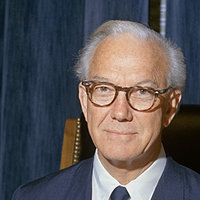 ?
?Lucius Mendel Rivers, a Democrat from South Carolina, served in the U.S. House of Representatives from 1941 to 1970. He supported the law making it illegal to destroy or mutilate a draft card.
Charles Tasnadi/The Associated PressNo. There are other ways to oppose the war that don’t involve destroying a government-issued document.
If everyone burned their draft cards, it could cause chaos, and the First Amendment should not protect such disruptive actions.
- How disruptive should an action be for it to fall outside of First Amendment protections?
- How does the fact that a draft card is a government-issued document affect this debate?
- How might destroying a draft card affect the government’s ability to carry out the draft?
- Could destroying a draft card be an effective means of expressing anti-war views? Why or why not?
- Is it ever worth breaking the law to make a statement about a social or political issue? Explain.
- In an age of digital technology and online databases, would destroying a draft card have the same meaning and impact today? Why or why not?
